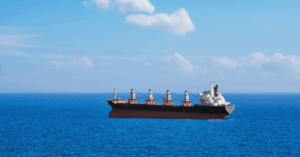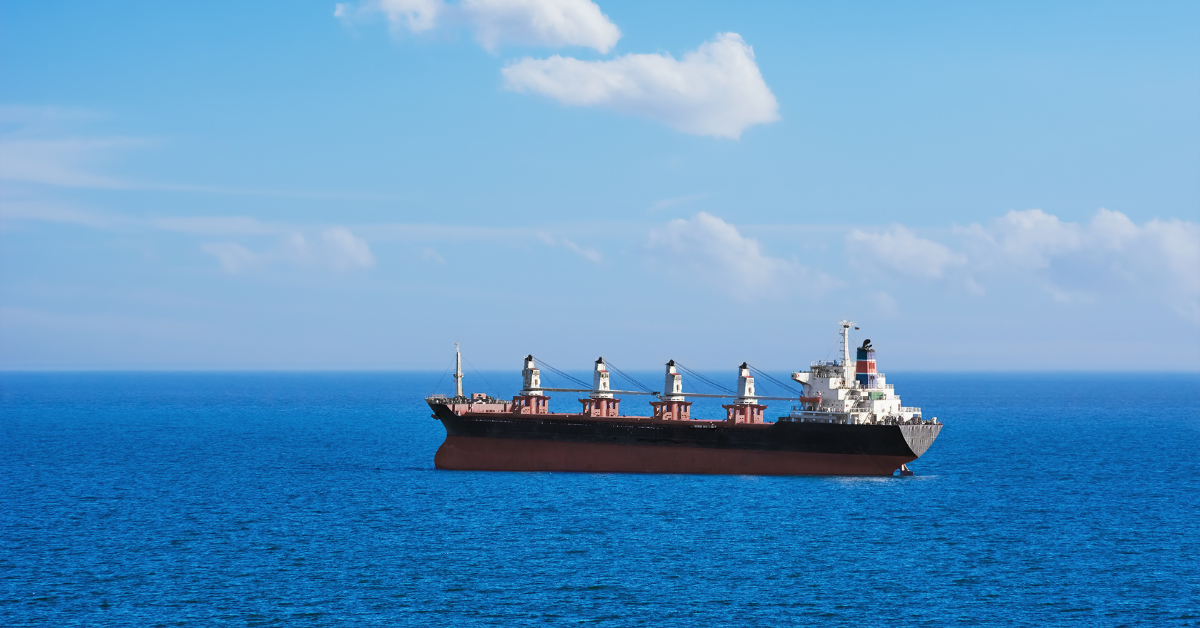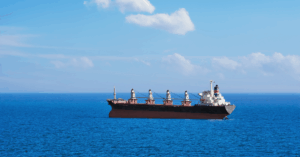
Evergreen Line Equips Dry Container Fleet With ORBCOMM’s Smart Technology
October 23, 2025
Mitsubishi Launches ‘WAKASHIO MARU’ To Train Japan’s Next Generation Of Mariners
October 24, 2025

Swedish authorities boarded a Liberian-flagged bulk carrier off the coast of Gothenburg after the vessel was reportedly seen dumping waste into the Baltic Sea near the island of Fårö earlier this week.
The Swedish Coast Guard took enforcement action after detecting the incident during a routine aerial patrol on Monday, 20 October.
According to Swedish media reports, the patrol aircraft spotted the illegal dumping from the air, with the amount of trash said to be large enough to be clearly visible.
The vessel, which was sailing from Russia to India, had paused and anchored briefly near Fårö, located off Sweden’s southeastern coast.
Following the sighting, the Coast Guard allowed the ship to continue its voyage to Gothenburg, where it was boarded early on Thursday morning.
A Coast Guard spokesperson told local media that one of the crew members was found responsible for the act and later confessed to dumping the trash into the sea.
The individual was fined under Swedish law with a penalty described as “50 daily fines”, an amount that depends on income and typically ranges between SEK 50 and SEK 1,000 (approximately £3.50 to £80) per day.
Under Sweden’s legal framework, fines for such offences are personal, meaning the punishment applies only to the offender and not to the ship or its master.
Local media reported that the waste involved was believed to be ordinary household garbage rather than any form of industrial or hazardous discharge.
Coast Guard press officer Mattias Lindholm told Swedish outlet Göteborg Posten that while the waste itself was relatively minor, the act was still illegal. He said that even small amounts of rubbish thrown overboard contribute to marine pollution, reportedly saying that the sea should remain free of trash.
Sweden’s Minister of Civil Defence, Carl-Oskar Bohlin, commented on the case in a post on X, stating that the Coast Guard’s response was an example of active maritime surveillance being used to combat environmental crimes.
The Coast Guard said it was rare to catch offenders in the act, as most of their pollution cases typically involve oil or chemical discharges rather than household waste.
The agency has, however, been stepping up monitoring across the Baltic in recent months, citing growing concerns about pollution and unregulated ship movements in the region.
Earlier this year, the Swedish government instructed the Coast Guard to expand its oversight operations, which now include collecting insurance details from all vessels transiting Swedish territorial waters or the country’s exclusive economic zone, even if they are not scheduled to make a port call.
Reference: fraksion
Source: Maritime Shipping News


